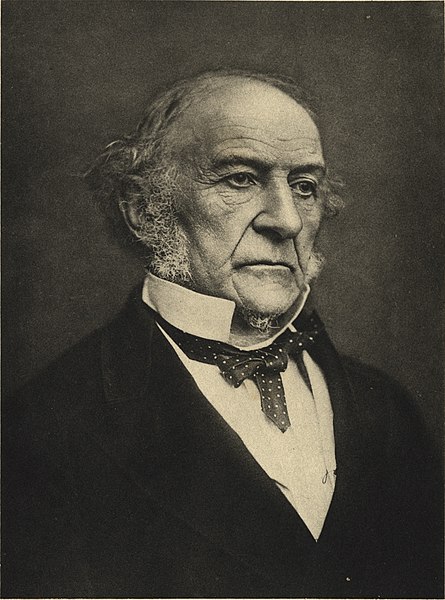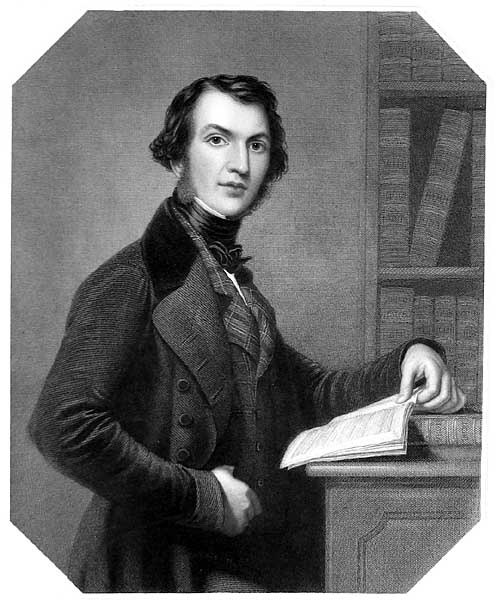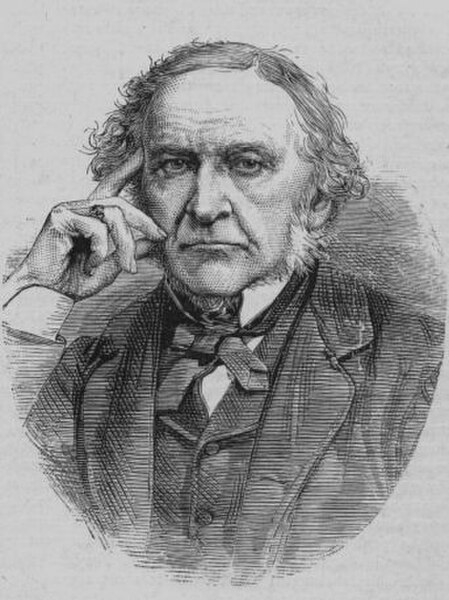Robert Lowe, 1st Viscount Sherbrooke, GCB, PC, British statesman, was a pivotal conservative spokesman who helped shape British politics in the latter half of the 19th century. He held office under William Ewart Gladstone as Chancellor of the Exchequer between 1868 and 1873 and as Home Secretary between 1873 and 1874. Lowe is remembered for his work in education policy, his opposition to electoral reform and his contribution to modern UK company law. Gladstone appointed Lowe as Chancellor expecting him to hold down public spending. Public spending rose, and Gladstone pronounced Lowe "wretchedly deficient"; most historians agree. Lowe repeatedly underestimated the revenue, enabling him to resist demands for tax cuts and to reduce the national debt instead. He insisted that the tax system be fair to all classes. By his own main criterion of fairness — that the balance between direct and indirect taxation remain unchanged — he succeeded. Even in his time, however, this concept of fiscal incidence was obsolescent.

Robert Lowe
Robert Lowe, Vanity Fair, 1869
A terracotta statuette dated 1873 by caricaturist Carlo Pellegrini of Lowe standing on a box of matches inscribed 'Ex luce lucellum'
Lowe's grave in Brookwood Cemetery
William Ewart Gladstone was a British statesman and Liberal politician. In a career lasting over 60 years, he served for 12 years as Prime Minister of the United Kingdom, spread over four non-consecutive terms beginning in 1868 and ending in 1894. He also served as Chancellor of the Exchequer four times, for over 12 years.
Gladstone in 1892
Gladstone in the 1830s
A pensive Gladstone, from the book Great Britain and Her Queen, by Anne E. Keeling
Gladstone in 1859, painted by George Frederic Watts.








